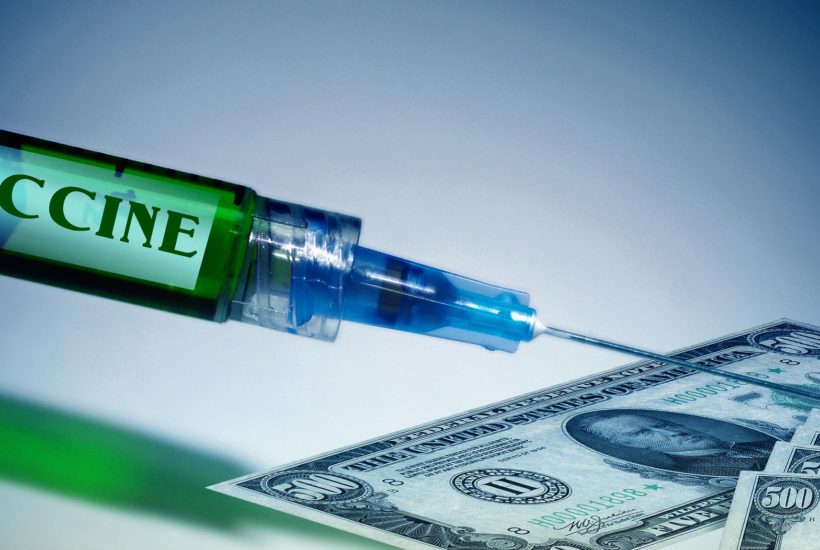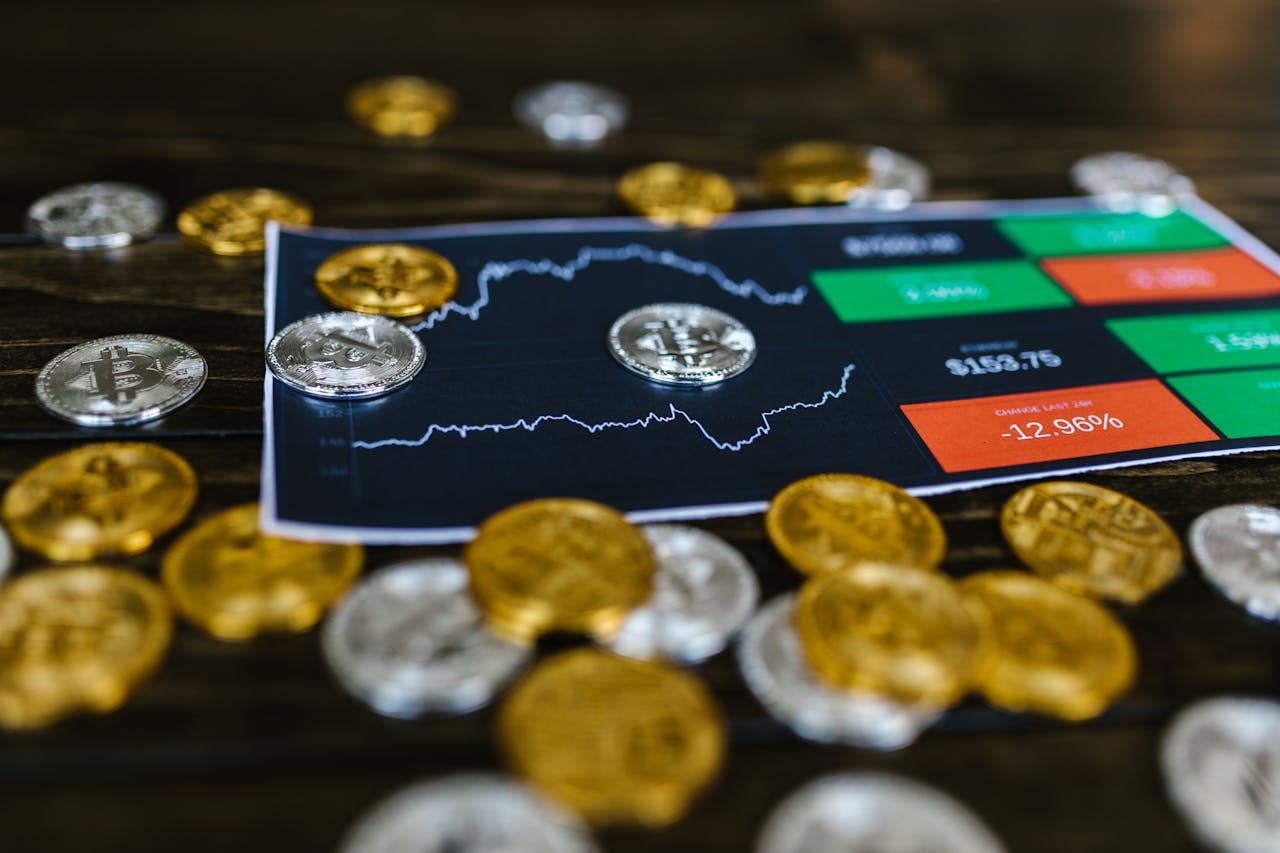Biotech
Coronavirus: the latest news on the great vaccine race
Public and private laboratories are scrambling to develop a vaccine against COVID-19. All vaccine technologies, even the most experimental, are being used. Only eight companies (four in China, one in Great Britain, one in Germany, and two in the United States) have already reached the stage of clinical trials. These projects differ from one another in the choice of vaccine technology used.

Sanofi is not the only major pharmaceutical company to have partnered with the U.S. Department of Health through the Biomedical Advanced R&D Authority (Barda) to develop a candidate vaccine against COVID-19 as quickly as possible.
Johnson & Johnson also announced at the end of March that it had co-invested more than $1 billion with Barda for this purpose. That was after initiating studies in January to position its Advac vaccine technology, already successfully proven against Ebola, on the new coronavirus. The company aims to start its phase I clinical trials next September in order to be in a position to supply its first batches of COVID-19 vaccine as early as 2021.
The massive investments made jointly with Barda by companies such as Sanofi and Johnson & Johnson will considerably shorten the time required to develop a new vaccine, a process that usually takes 5 to 7 years. This acceleration will ultimately benefit everyone.
Find out more details and be the first to read the latest breakthroughs in the biotech sector with the Born2Invest mobile app. Our companion app brings you the most important financial news from around the world, so you don’t waste your time searching the internet.
Companies are in an unprecedented race to halt the pandemic
Big Pharma is not the only one to have powerfully stepped up the pace in an attempt to contain the pandemic. Whether public or private, more than a hundred laboratories of all sizes are engaged in this unprecedented race.
At the end of April, the renowned London School of Hygiene & Tropical Medicine reported that it had identified nearly 120 vaccine projects to halt the COVID-19 pandemic.
Why developing a new vaccine is a long and costly gamble
Not everyone is at the same point. Only eight companies (four in China, one in Great Britain, one in Germany, and two in the United States) have already reached the stage of clinical trials.
Of these eight companies, only one has progressed beyond Phase I trials (aimed primarily at testing the safety of the candidate vaccine) and has started Phase II trials (conducted on a larger scale and aimed primarily at evaluating its efficacy).
The companies use different technologies to develop a vaccine
These projects differ from one another in the choice of vaccine technology (or “platform”) used. A vaccine involves delivering (or synthesizing) the microbial antigen (viral or bacterial) into cells and, in doing so, inducing a protective immune response in the form of antibodies. However, several vectors can be used to deliver this antigen.
The only project currently in Phase II trials, the Hungarian biotech company CanSino, associated with the Chinese Academy of Military Medical Sciences, is using an adenovirus vector, which is also Johnson & Johnson’s choice with Advac.
In France, the Institut Pasteur, which is not yet at the clinical trial stage (phase I trials will begin next July), has chosen to focus on another type of vaccine vector, better controlled and therefore less risky: the attenuated measles virus. “This is the vaccine’s aspirin, the one for which we have the most experience both in terms of safety and efficacy and in terms of industrialization,” CNRS researcher Frédéric Tangy, who works in the ranks of the “Pasteurians”, recently explained.
Billions invested in research worldwide
As for the vaccine platform of the American biotech company Moderna, which is also at the forefront of this vaccine race, it is radically different and much more experimental. Its candidate, for which Phase I clinical trials started in Seattle in mid-March, is called mRNA-1273. The name mRNA means that this technology is based on messenger RNA. Containing the instructions needed to synthesize the antigen, this messenger RNA is genetically modified (otherwise it would break down immediately) and encapsulated in a lipid nanoparticle.
It is reasonable to expect that within a year at least one of these candidates will have resulted in the long-awaited prophylactic. However, one thing is certain: this race will be won with billions of dollars or euros, whether they come from Big Pharma, the American Barda, or the European Commission.
__
(Featured image by geralt via Pixabay)
DISCLAIMER: This article was written by a third party contributor and does not reflect the opinion of Born2Invest, its management, staff or its associates. Please review our disclaimer for more information.
This article may include forward-looking statements. These forward-looking statements generally are identified by the words “believe,” “project,” “estimate,” “become,” “plan,” “will,” and similar expressions. These forward-looking statements involve known and unknown risks as well as uncertainties, including those discussed in the following cautionary statements and elsewhere in this article and on this site. Although the Company may believe that its expectations are based on reasonable assumptions, the actual results that the Company may achieve may differ materially from any forward-looking statements, which reflect the opinions of the management of the Company only as of the date hereof. Additionally, please make sure to read these important disclosures.
First published in LesEchos, a third-party contributor translated and adapted the article from the original. In case of discrepancy, the original will prevail.
Although we made reasonable efforts to provide accurate translations, some parts may be incorrect. Born2Invest assumes no responsibility for errors, omissions or ambiguities in the translations provided on this website. Any person or entity relying on translated content does so at their own risk. Born2Invest is not responsible for losses caused by such reliance on the accuracy or reliability of translated information. If you wish to report an error or inaccuracy in the translation, we encourage you to contact us.

-

 Crypto2 weeks ago
Crypto2 weeks agoCaution Prevails as Bitcoin Nears All-Time High
-

 Fintech2 days ago
Fintech2 days agoOKX Integrates PayPal to Simplify Crypto Access Across Europe
-

 Africa1 week ago
Africa1 week agoBridging Africa’s Climate Finance Gap: A Roadmap for Green Transformation
-

 Business1 week ago
Business1 week agoThe TopRanked.io Weekly Digest: What’s Hot in Affiliate Marketing [uMobix Affiliate Program Review]
























